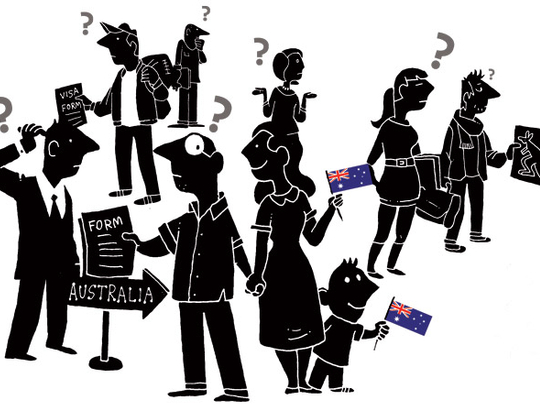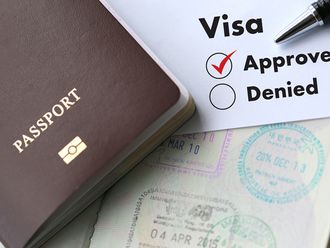
Dubai: UAE-based immigration companies have expressed concern at Australia's new policies to attact more highly-skilled workers.
Chris Evans, Australia's immigration minister, recently remarked that the country had been attracting too many hairdressers and cooks and too few doctors and engineers.
But immigration officials in Dubai said the new rules would lead to a "drastic decrease" in the number of UAE residents looking to migrate to Australia, as well as impacting heavily on local businesses.
Imran Farooq, chief executive of Premiers, one of the largest immigration companies in the Middle East, said: "The revocation of the Migration Occupations in Demand List (MODL) has put an end to the hopes of numerous potential candidates who were interested in Australian immigration.
Put on hold
"Many people had been in the process of either arranging documents to apply for assessments of their occupations or were waiting for the outcome of their assessment applications. They have spent time and money to initiate the process and have, apparently, wasted time and money," he said.
"Since March 2009, many applications have been put on hold; processing has also been frozen. The revocation of the MODL means bonus points cannot be claimed. Therefore, many otherwise potential candidates no longer qualify to apply for Australian immigration. The number of people applying for Australian immigration will decrease drastically. The situation will affect potential and aspiring candidates as well as agents."
The new policies will favour applicants who score highly in an English language test. Furthermore, immigrant numbers in certain jobs could be capped for the first time. Tijy Thomas, a senior consultant at Aries International, another multinational immigration company, said: "These changes are mainly going to affect offshore applications but naturally UAE residents will also be affected. However, [the new rules] will give those residents who are eligible to migrate a better chance of gaining employment in Australia as they will be taken in as per the country's job market requirement.
"The number of applicants from UAE residents for migration to Australia has gradually reduced over the last few months for various reasons. For example, few occupations in the critical skills list enjoy a fast-track process of six to eight months; the majority of applications take between 15-24 months.
"The migration process for blue collar workers, such as hairdressers, carpenters and welders, has been tightened and recent news reports of increased racial attacks in Australia is also concerning many applicants, particularly those from south Asia."
Cherry Louise Thurgill, a 22-year-old dancer from England, said: "I already thought Australia's migration laws were pretty good before last week's changes; they helped to form a well-rounded society.
"I have just moved to the UAE after living in Australia for a few months. I absolutely love it there and plan to go back later this year but these new rule changes might make it a bit more difficult for me to find work.
"In a way, I think the Australian government has the right idea. You only have to look at my home country, England, to see how overcrowding can lead to problems; there is so much competition for jobs in the UK so tighter immigration laws might actually be a good thing."
What has changed?
On February 8, 2010, Senator Chris Evans, Australia's Minister for Immigration and Citizenship, announced he was revoking the Migration Occupations in Demand List (MODL) and replacing the current Skilled Occupation List in the second half of 2010. Offshore General Skilled Migration visas made before September 1, 2007 are to be capped and ceased.
Why have the changes been introduced?
Australia's immigration minister believes the country has been attracting too many hairdressers and cooks and too few doctors and engineers. The new rules will favour applicants will favour those who already have job offers over those who merely have qualifications or are studying.
What has changed?
On February 8, 2010, Senator Chris Evans, Australia's Minister for Immigration and Citizenship, announced he was revoking the Migration Occupations in Demand List (MODL) and replacing the current Skilled Occupation List in the second half of 2010. Offshore General Skilled Migration visas made before September 1, 2007 are to be capped and ceased.
Why have the changes been introduced?
Australia's immigration minister believes the country has been attracting too many hairdressers and cooks and too few doctors and engineers. The new rules will favour applicants will favour those who already have job offers over those who merely have qualifications or are studying.












